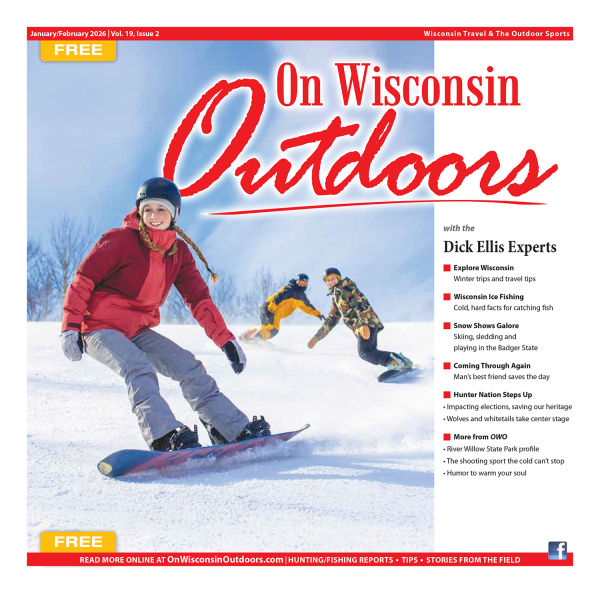Efforts to aid monarchs take off in Wisconsin
LA CROSSE, Wis. - More than 700 acres of critical monarch habitat along the Mississippi River corridor will be restored and enhanced under a $69,800 grant the Department of Natural Resources will receive from the National Fish and Wildlife Foundation.
The grant to the DNR Natural Heritage Conservation Program was one of 23 the foundation announced earlier this month and it marks the latest development in ongoing efforts to conserve monarchs.
The grant and matching funds contributed by the Natural Heritage Conservation program, Mississippi Valley Conservancy, The Prairie Enthusiasts, Crawford County Conservation Department and private landowners totaling $109,785, will be used to restore and enhance critical monarch butterfly breeding, feeding and migratory stopover habitat on public and private lands along the Mississippi River, according to DNR Conservation Biologist Peter Duerkop.
"We're going to do what we can to help save the monarch. If we did nothing, this might be looked upon as the modern day passenger pigeon - an example of a species that once filled the skies but dwindled to nothing," Duerkop says.
The population of monarchs that inhabits lands east of the Rocky Mountains, which is well known for its spectacular 2,000- to 3,000-mile yearly migration to Mexico, has dropped 90 percent since the 1990s. Habitat loss throughout the monarch's breeding range, which includes Wisconsin, is considered the primary cause of the monarch population's crash.
Duerkop said the monarch habitat work funded by the grant would be done on publicly-owned remnant hill prairies and oak savannas from Trempealeau to Crawford counties with steep, rugged terrain. Sites where work will be done include well-known places like Brady's Bluff Prairie State Natural Area in Perrot State Park and Hogback Prairie State Natural Area in Crawford County.
DNR staff and partners will use a variety of techniques including planting, prescribed burning and invasive species control to restore and enhance habitat monarchs use. The work also will benefit an entire suite of species including other pollinators, rare plants, reptiles and birds.
"These sites need constant attention to stay viable," Duerkop says. "They are disturbance dependent, so without land management, these sites--and the wildlife and plants that live there--would be lost."
Find more information about monarchs and other native pollinators and how you can help them, as well as sign up to receive periodic email or text updates about monarchs, by searching the DNR website, dnr.wi.gov, for keyword "pollinators."











